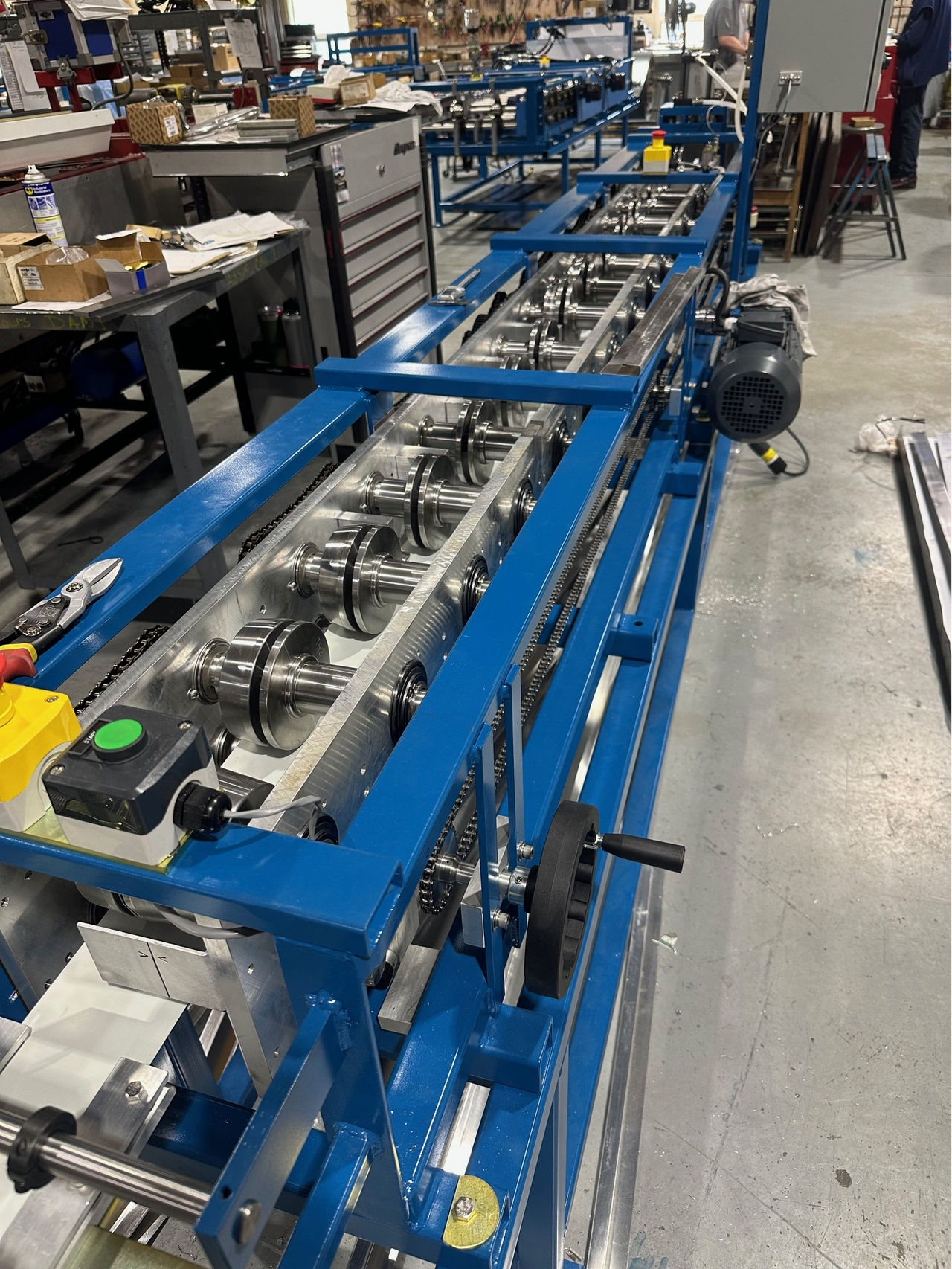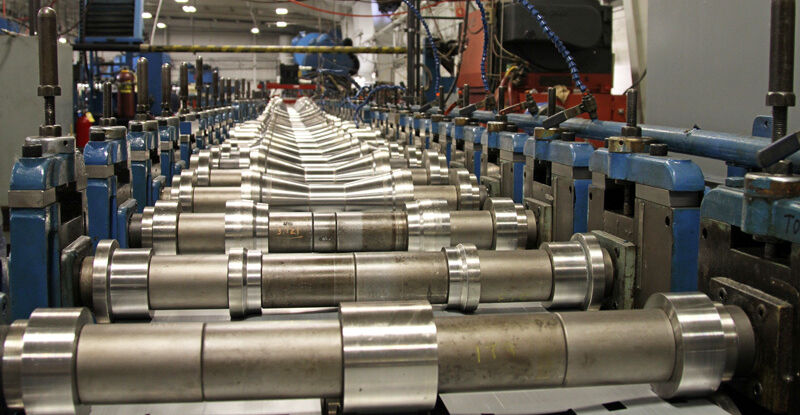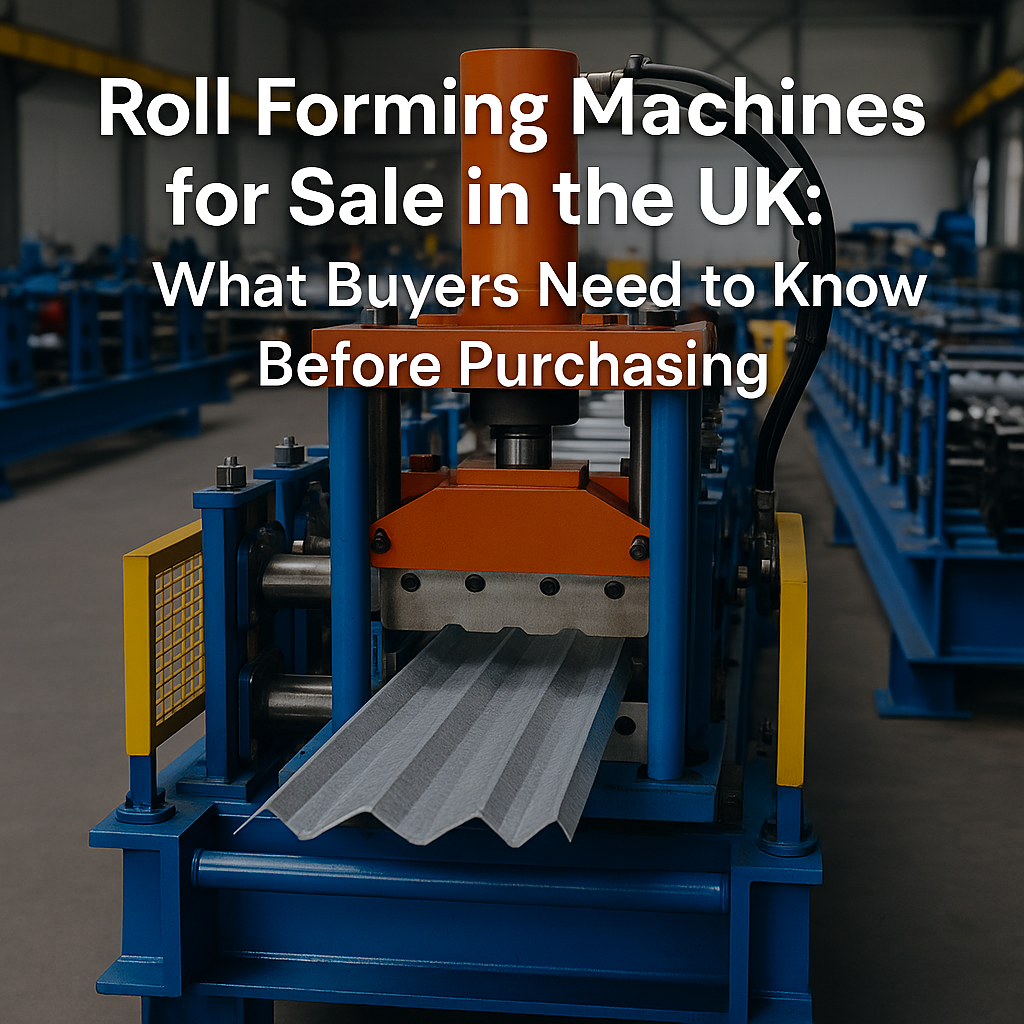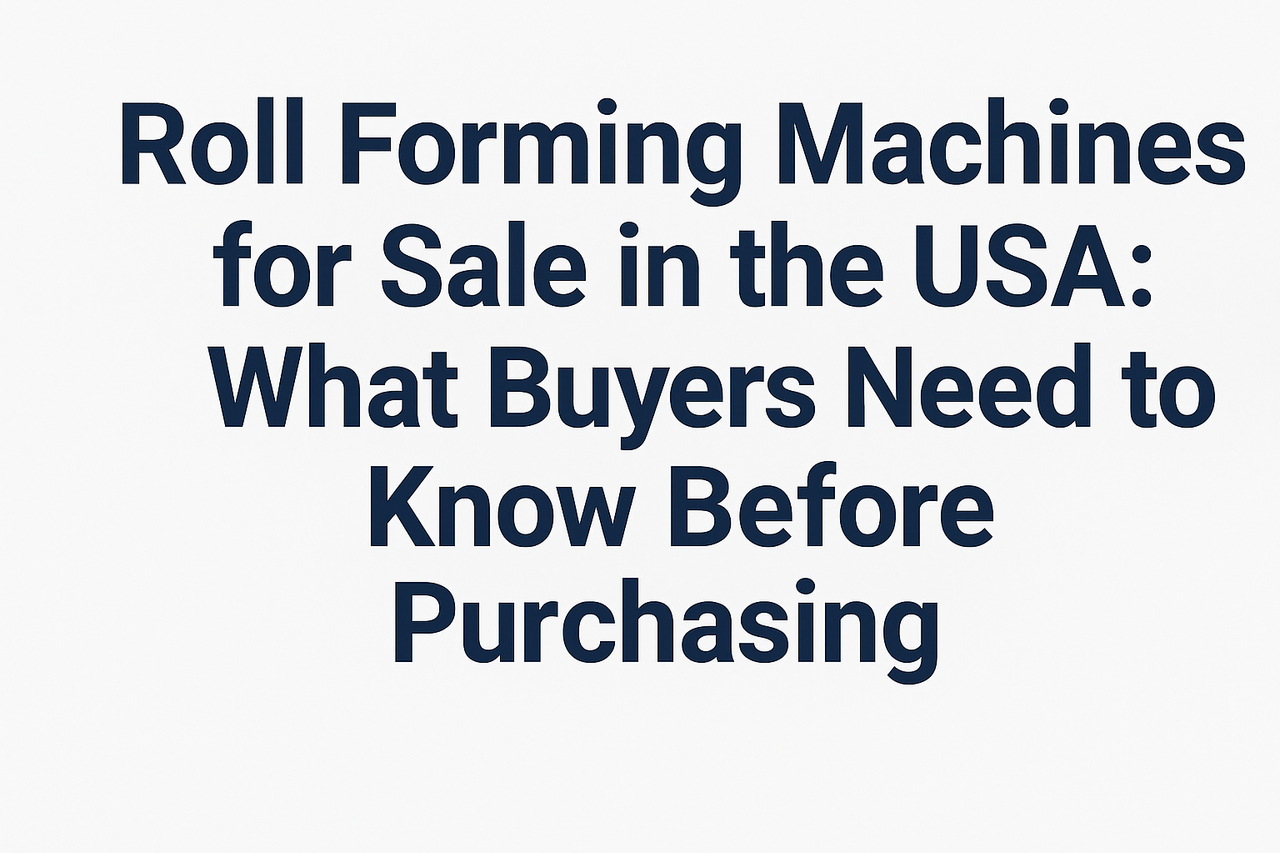1. Identify Your Requirements
- Machine Specifications: Define the type and specifications of the roll forming machine you need, considering factors like material compatibility, production capacity, and the profiles you intend to create.
- Budget Planning: Outline a clear budget that covers not only the cost of the machine but also additional expenses such as shipping, insurance, customs duties, and installation.
2. Verify Compliance and Certifications
- CE Marking: Ensure the machine has CE marking, which signifies that it meets EU standards for safety, health, and environmental protection.
- Documentation: Gather all necessary technical documentation, including user manuals, maintenance guides, and certification of compliance.
3. Understand Import Regulations and Duties
- Customs Classification: Correctly classify the machine using the Harmonized System (HS) code to determine the duties and taxes applicable.
- Import Duties and VAT: Be prepared to cover import duties and Value Added Tax (VAT) upon entry into France. These rates vary depending on the machine’s classification and origin.
- Trade Agreements: If importing from a country with a trade agreement with the EU, you may qualify for reduced or zero tariffs, so check for relevant agreements.
4. Arrange Logistics and Shipping
- Shipping Method: Select the most suitable shipping method—by sea, air, or land—based on cost, urgency, and the size of the machine.
- Insurance: Secure comprehensive insurance to protect against potential damage during transit.
- Customs Broker: Consider hiring a customs broker to help navigate the clearance process and ensure compliance with all import regulations.
5. Plan for Installation and Training
- Installation Services: Coordinate with the supplier or a third-party technician for professional installation to ensure the machine functions as expected.
- Training: Arrange for thorough operator training to promote efficient and safe machine operation.
6. Maintenance and After-Sales Support
- Spare Parts: Confirm the availability of spare parts and set up a regular maintenance schedule to keep the machine in optimal condition.
- Technical Support: Ensure ongoing technical support is available, either through the supplier or a local service provider with expertise in roll forming machines.
7. Financial Considerations
- Payment Terms: Negotiate favorable payment terms with the supplier, such as letters of credit to secure the transaction for both parties.
- Financing Options: If needed, explore financing solutions, such as loans or leasing arrangements, to assist with the purchase.
8. Legal and Contractual Aspects
- Contracts: Draft clear contracts that specify terms of sale, warranties, delivery timelines, and dispute resolution methods.
- Legal Compliance: Ensure all agreements adhere to French and EU regulations.




